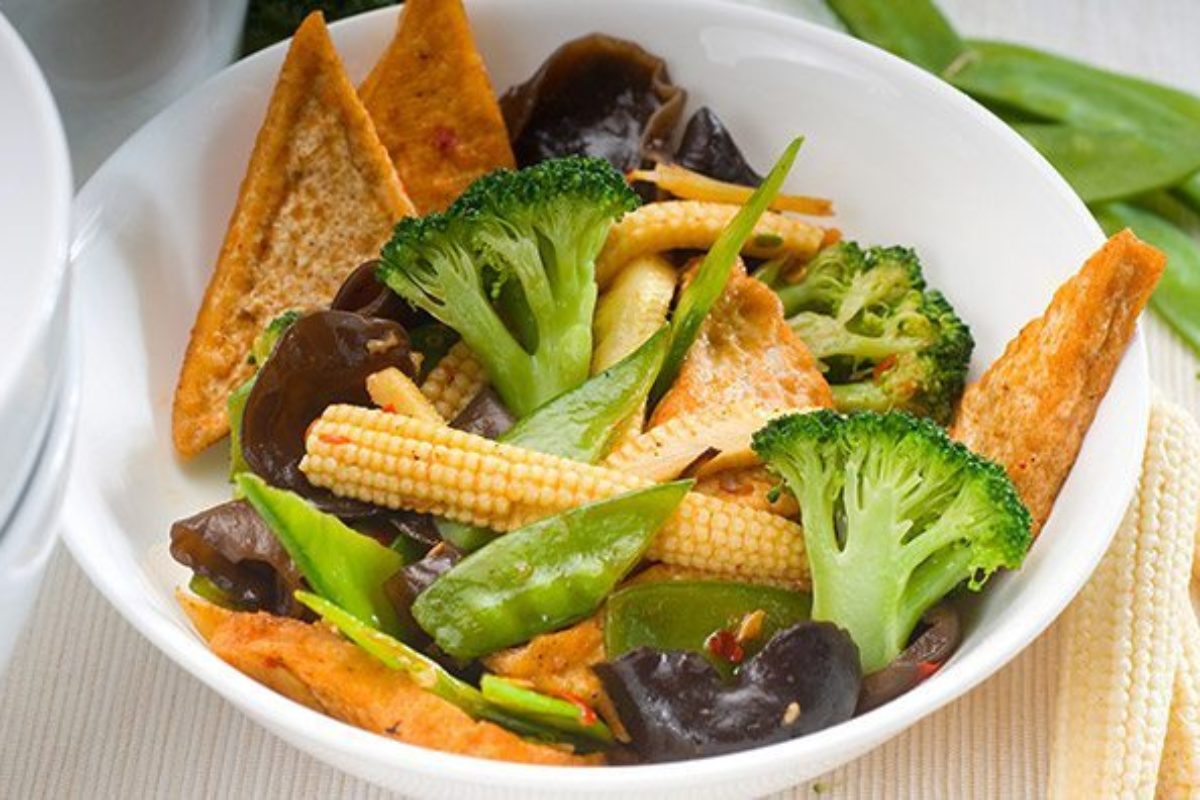Article The Great Protein Debate
September 29, 2015

As a former fitness centre owner, certified strength trainer, bodybuilder and health educator, I must say I have heard my share of protein talk. How much is adequate? What is the best type? Am I eating a ‘complete’ protein? Can I be protein deficient? How much protein do I need? The list goes on.
I don’t pretend to know all these answers nor do I claim to be an expert on the topic but I would like to share some of what I have learned over the last 35 years.
First, hundreds of millions of people across Asia, Africa, Central and South America live healthy active lives on diets with less than half the amount of protein eaten by Americans and Europeans. This brings into question the general understanding of our protein requirement that seems so prevalent across North America.
Second, keep in mind that humans have the greatest need for protein, as well as other nutrients in infancy as they double their size and triple their weight within the first 24 months of their life. Their mother’s milk, which contains 5% protein is the perfect food to meet all their requirements. In fact, The World Health Organization (WHO) recommends that adult men and women obtain 5% of their calories as protein. This would mean 38 grams of protein for someone burning 3000 calories a day, a quantity of protein easily consumed when daily calorie needs are met by eating unrefined starches and vegetables. A simple meal of 1 cup of brown rice, ½ cup of tofu and 1 cup of steamed broccoli provides 19 grams of protein. A serving of sprouted whole grain bread provides 6 grams of protein and a nut or seed butter topping can easily double that amount. The bottom line is that if you are getting enough calories from whole foods, you are likely getting twice as much protein as you need without even trying.
Third, don’t forget that protein supplementation is a multi-billion dollar industry and that by recommending as much as 1 gram of protein per pound of body weight, companies selling protein bars, powders, drinks and enriched prepared foods stand to make a lot of money. In truth, if you are weight or fitness training, good unrefined carbohydrates are the premium fuel for your body, not protein. Moreover, excess protein cannot be stored by the body and must be eliminated, potentially putting stress on the liver and kidneys and causing the accumulation of toxic protein byproducts. Animal protein is especially abundant in sulphur-containing amino acids which break down into very powerful sulphuric acid and must be neutralised by buffers found in the bones. Over time, consumption of excess animal protein is thought to contribute to various health conditions (for more on this topic, visit Dr. John McDougall’s website).
Personally, I find that whole food is better than the sum of its parts and I choose to eat that way whenever I can. Whole unrefined foods not only meet my requirements for protein, but also provide me with most of the other nutrients that keep me healthy and happy along with regular exercise and an active lifestyle.
Have a look at some other nutrition tips here.